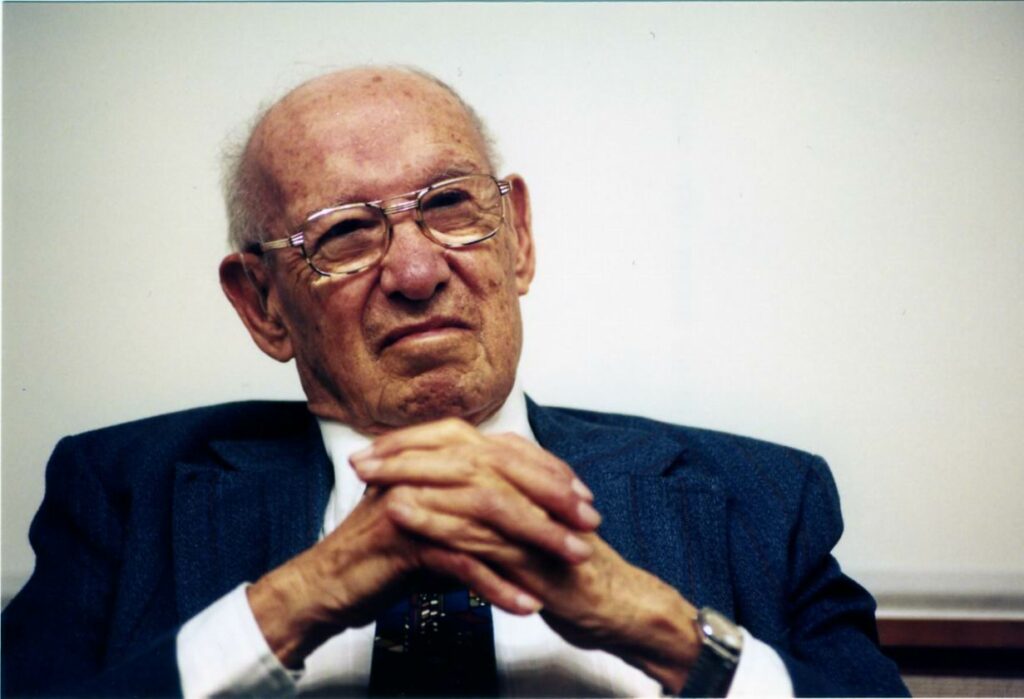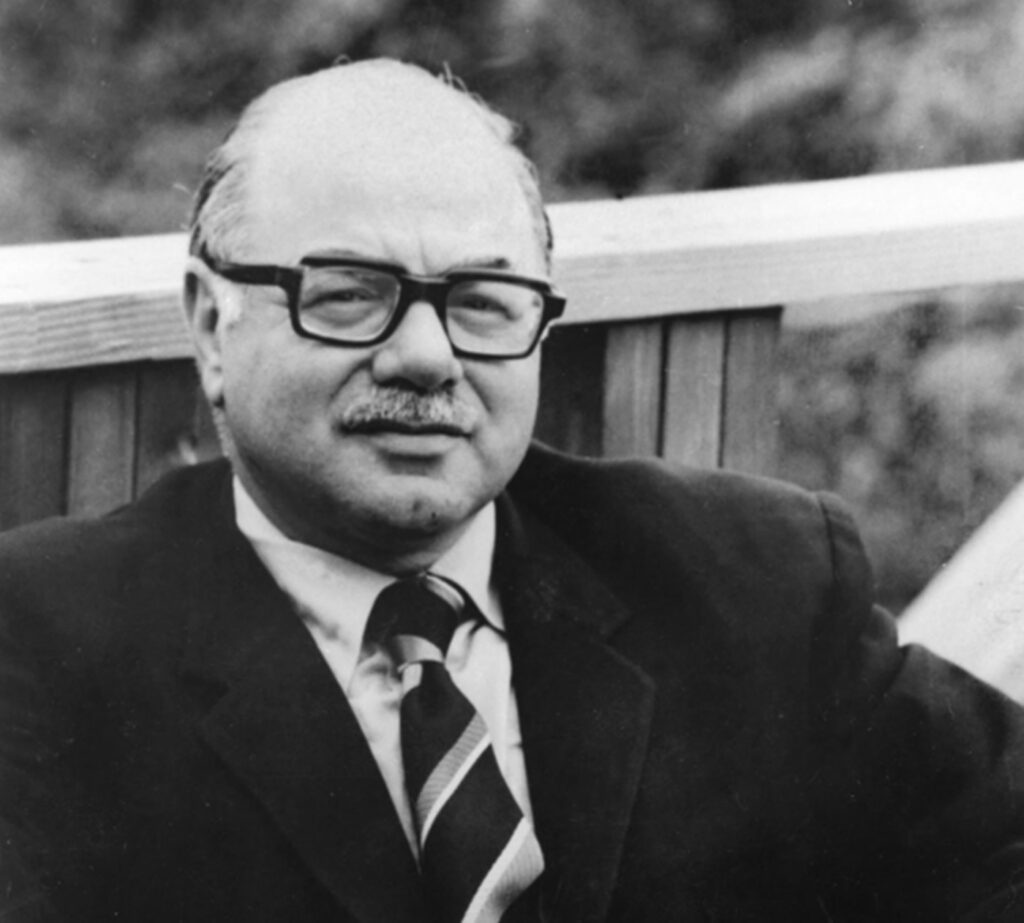In today’s world, knowledge is the only resource that matters
Knowledge economy is an economy where knowledge plays the crucial role. Its production becomes a driving force for the development of the country and society; it is a marketable product that can be sold and profited. Such a scheme works only in those states where the cult of knowledge appears, and its citizens are ready to constantly learn and develop.
The Austrian and American economist Fritz Machlup first spoke about the knowledge economy in 1962. Peter Drucker, Alvin Toffler, James Quinn, Robert Rich, and Daniel Bell wrote about the onset of a new stage in economic development. Today, several methods of measuring the level of the knowledge economy have been developed, which are used to assess the development and potential of the country, and many scientific works have been written on this issue.

The modern post-industrial society we live in is the result of the achievements of scientific, technical and technological progress. Countries that have achieved economic growth and prosperity have placed a bet on the growth of human capital, the development of the service sector and the progress of information and communication technologies (ICT).
“Knowledge economy is an economy where knowledge plays the crucial role. Its production becomes a driving force for the development of the country and society; it is a marketable product that can be sold and profited.”
Alvin Toffler
The state, which focuses on the knowledge economy, increases the expenses for scientific research, modernizes professional education, implements the concept of lifelong learning, and increases the number of intellectual workers. In such a country, there is active growth in the field of ICT, and a high share in the structure of the economy belongs to the service sector.
What countries have knowledge-oriented economy
The knowledge economy is characteristic of developed countries such as the USA, Germany, Great Britain, France, some East Asian countries such as the Republic of Korea and Japan, where the production of knowledge-intensive, high-tech products is the main source of growth of their economies. The idea of the knowledge industry was actively developed by the Japanese, which helped them compete in the world market.

When creating high-tech, scientific knowledge, its commercialization and implementation in all spheres of the economy, the country needs human resources of an innovative type. The knowledge economy requires unconventional thinking, generating ideas, formulating new theories, laws and technological inventions, creating unique products. Scientific discoveries and technical inventions lead to economic growth and development of human capital. Therefore, the decisive factor of production during the formation of a new technological base is not the leading technology, but a highly developed initiative workforce.
It is possible to achieve the development of human capital only by improving the quality of education, investing in science, supporting universities and specialized training. Let’s consider the educational institutions that are leading in the rating lists. According to the QS World University Rankings, in 2020, the top ten best universities in the world include the universities of the USA, Great Britain and Switzerland. In addition to the listed countries, Singapore and China are also in the top twenty of this rating. As we can see, the states whose universities hold the palm of primacy also lead in the economic sphere.
“Learning is a continuous process that allows you to stay abreast of changes. And the most urgent task is to teach people to learn.”
Peter Drucker
Of course, maintenance of such universities has long become a business that brings good profits to educational institutions. However, in addition to making money, this approach allows you to gather talented students from all over the world, select promising young scientists, giving them the opportunity to work in the best scientific laboratories. In turn, such scientists make a huge contribution to the development of science, both fundamental and applied. And their developments stay in the country where they work. Therefore, such investments bring material benefits to society as a whole, and not only to those people who personally benefit from the expansion of educational opportunities.
How education is related to the development of the country
A striking example of the dependence of the country’s well-being on education and human capital is South Korea. In the 1960s, this country had a GDP similar to that of Afghanistan, and its national income was lower than that of Mexico and all South American countries. It took 21st place among 30 countries of the Organization for Economic Cooperation and Development (OECD) in terms of the share of adult citizens with higher education. Less than a third of the adult population had completed secondary education. Today, 97% of Koreans between the ages of 25 and 34 have a college degree, the highest figure among major industrialized countries.
“The illiterate in the future will not be the one who cannot read, but the one who has not learned to learn.”
Alvin Toffler
Korea is listed among the leading states of the world not only in terms of quantitative characteristics of education, but also in terms of the quality of learning outcomes and equality of educational opportunities in schools. Over the years, South Korea has turned from an agrarian country into one of the technological leaders of the world. Investing to science and the development of human potential was one of the factors that helped to achieve such success. According to the World Bank, in 1988 the GDP of the Republic of Korea was $197 billion (at current prices). Almost 30 years later, in 2017, it already reached $1.5 trillion — 8 times more. In 2018, South Korea ranked first in the Bloomberg Innovation Index for the fifth time in a row. This index ranks countries on seven criteria, including spending on research and development and the concentration of high-tech state-owned enterprises.
How to evaluate the level of the knowledge economy
At the national level, the assessment of the intellectual capital of the country, as well as its potential, takes place in four areas: information society, globalization of the economy, productivity and financial structure. The methods were developed by two international organizations — the Organization for Economic Cooperation and Development (OECD) and the World Bank.

The OECD assessment method contains more than 200 indicators, while the World Bank uses a method that includes 148 indicators for 148 countries. Based on these methods, The KAM Knowledge Index (KI) and The Knowledge Economy Index (KEI) were created. In 2019, the European Bank for Reconstruction and Development (EBRD) published the Knowledge Economy Index, which evaluated 38 countries with which it cooperates.
“If in the last century entrepreneurs, businessmen and industrialists were the dominant figures, then in the new era scientists, mathematicians, economists — the creators of new intellectual technology — are becoming such”.
Daniel Bell
Ukraine was also included in this rating. Our country took 27th place according to the KEI index. Estonia, Slovenia and Lithuania became the leaders of the rating. Latvia, Poland, Croatia, Slovakia and Hungary are in the top ten, while neighboring Belarus is in 11th place.
Knowledge economy within companies
The concept of knowledge economy applies not only to a country as a whole, but also to a business. Today, even traditional companies cannot survive without the introduction of new ideas, innovative technologies and qualified employees ready for innovative changes. In today’s world, having technology is no longer a competitive advantage. After all, today’s economy is characterized by high imitative activity. Competitors carefully monitor new developments and are ready to quickly copy and release an analogue that may be even better than the original. In order to leave competitors behind, it is necessary to offer a unique product, and therefore, companies need a high level of intelligence and creative potential. That is, people are the most important capital.

Where to find so many talented employees, new concepts within the company, you ask? Philip Kotler claims that every firm is a source of knowledge and ideas; you just need to properly stimulate their production and be able to “fetch” them. To implement these tasks, he suggests creating three markets within the company — of ideas, capital, and talent.
“Information and knowledge are thermonuclear weapons in the competitive struggle of our time”.
Thomas Stewart
Talented people are looking for opportunities to grow, and they will choose companies that provide ample opportunities to do so. Therefore, to attract gifted collaborators companies should position themselves as growth platforms where people can develop faster than elsewhere in the workplace.
An interesting system for “fetching” ideas was implemented by the management of the Xerox Corporation. Using the specially developed Eureka system, the company gave all employees the opportunity to record useful tips, ideas, recommendations and findings for further discussion. The incentive was not material stimulation, but recognition of the merits of employees who contribute their ideas to the system. Next to the idea, the name of the author was indicated, and everyone could express their opinion, evaluate the prospects, usefulness, etc., that is, review it. In the first month of operation, 5,000 tips and ideas were collected in the system.

If a few centuries ago science did not keep up with production, today it predicts and determines its reformation. Industry relies on science and sets tasks for it. The goal of creating a knowledge economy determines the need for the progress of science and the dynamic implementation of its achievements.
In addition, not only applied, but also fundamental science — the other side of the same coin — needs development. These trends complement each other and thereby provide innovative solutions to the problems that humanity faces on the way to sustainable development.
The main driving force of progress in the modern economy is knowledge. However, knowledge does not exist by itself, but belong to their medium — that is, it is concentrated in human capital. In the knowledge economy, a person is not only a factor of production, but also its result; and the process of development of the knowledge economy consists in building up abilities, skills and competencies, as well as personal needs.

